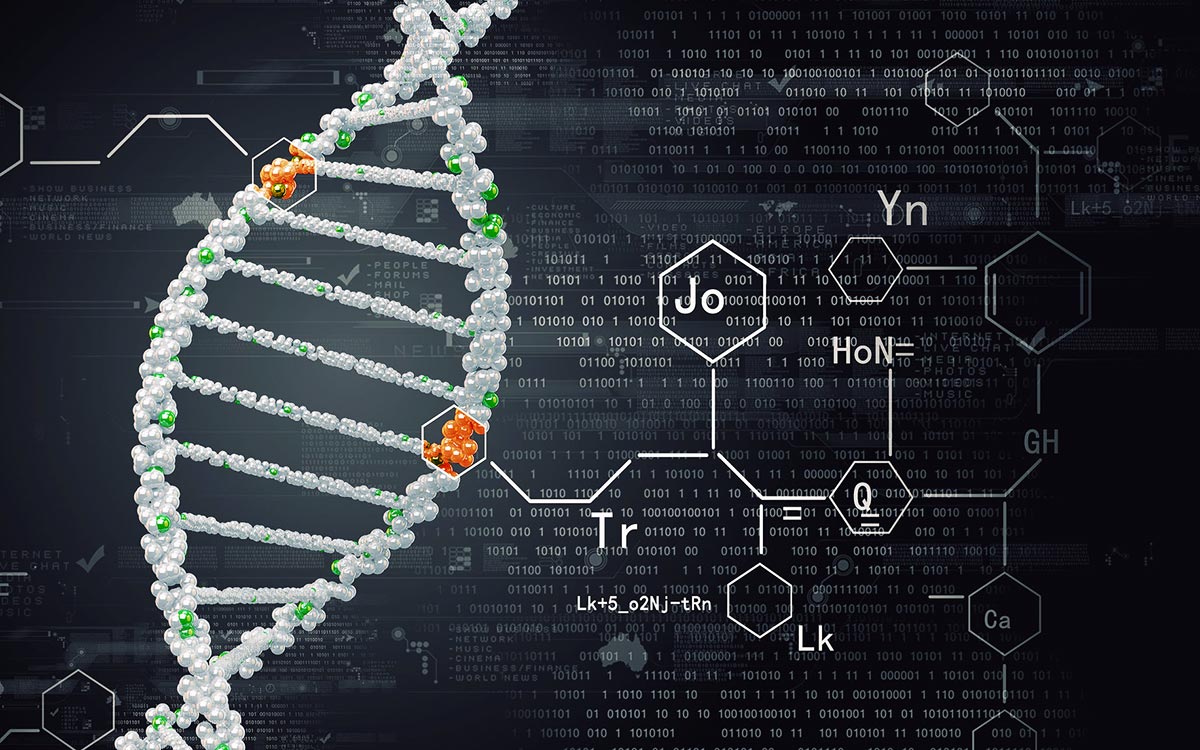Imagine that you lived in the year 1750 and were walking through a meadow filled with beautiful wildflowers. Suddenly you discover an item that you’ve never seen before. Overcoming your fear, you pick it up and look it over. It’s a small, black, shiny object. On the back, in very small letters, it says, iPhone. When your finger swipes over something on one side, the front lights up. To your surprise it says, 7:55, 32% Charged.
You take this strange discovery home. On a bench in your barn you work hard to pry the device apart. Inside you find an amazing array of neatly-packed components. Many are labeled with words and symbols, yet none make sense to your eighteenth-century mind. What would you make of this strange discovery? One thing is for sure, there would be no doubt in your mind that this device, whatever it is, was designed and created by someone, and for some purpose.
As intricate and well-engineered as an iPhone is, its complexity and design pale in significance to the human body. As scientists today pry deep into what it is that makes us up, they’ve made some amazing discoveries. For example, researchers found something they’ve called Deoxyribonucleic acid (DNA). They explain that DNA contains the set of detailed instructions needed for a human being to develop, thrive, and reproduce. They call the full set of DNA instructions the human genome. It’s said to contain approximately three billion bases.
It’s remarkable that unlike your conclusion back in 1750 about the iPhone, when confronted with the profound degree of order and design represented by DNA, many scientists remain convinced that it’s all due to random mutations. They and other “enlightened” thinkers insist that the order they see in the universe, the human body, and in every other aspect of nature, is the result of random mistakes taking place over billions of years, each resulting in unimaginable order and precision. It seems to me that this conclusion, in light of the overwhelming evidence of design, takes far more faith to believe than the view that we and all we see around us has been created with purpose and meaning.
Accepting the view of those who deny that we were created with purpose and meaning leads to some significant conclusions. If everything in the universe is the result of random mistakes, then there is no good or evil or right or wrong other than what humans themselves have agreed on. If humans are the highest authority, who’s to say that what one human decides is right is more valid than what another says is wrong? If one collection of humans, a society, decides that freedom is an ideal, great. And yet if another society determines that slavery is an ideal, who’s to say that they are wrong? Without a creator, without purpose, with just random mistakes as the basis for life, our existence has little meaning. If all this sounds a bit depressing, welcome to the faculty lounge of many prestigious universities.
Just as there would be no doubt for you in 1750 that the iPhone you found was created by someone and had purpose, it’s self-evident as we look around us that we are the work of a creator. Psalm 19:1-4 captures this sentiment well. The NIV version reads:
“The heavens declare the glory of God; the skies proclaim the work of his hands. Day after day they pour forth speech; night after night they reveal knowledge. They have no speech, they use no words; no sound is heard from them. Yet their voice goes out into all the earth, their words to the ends of the world.”
We noted above that if all life is the result of random mistakes this leads to some significant conclusions. The same can be said for the view that we were created with purpose and meaning. If this is so, there’s no greater quest and there’s no more thrilling adventure than to discover the meaning of life in general, and the purpose for one’s own life in particular.
Over the next few Saturday morning posts on Panoplia.org we’ll consider some of these important topics. We’ll do so with a sense of adventure, and with an appropriate degree of humility. After all, we understand that not everything we seek to know can be discovered. And yet, the journeys of discovery in these realms can be among the most thrilling and rewarding of our lives.




0 Comments